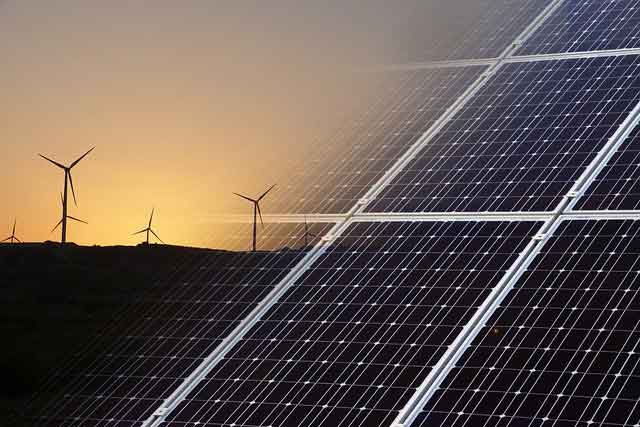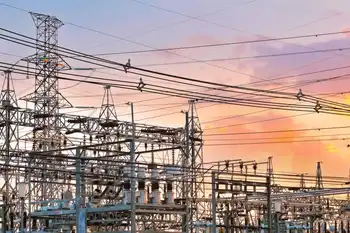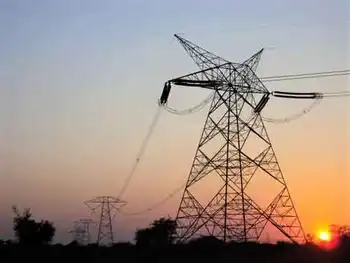Quebec “meddling” in Atlantic Canada
By Globe and Mail
Protective Relay Training - Basic
Our customized live online or in‑person group training can be delivered to your staff at your location.

- Live Online
- 12 hours Instructor-led
- Group Training Available
Newfoundland and Labrador and Nova Scotia are trying to get funding for a subsea cable to ship surplus power from Labrador across the Gulf of St. Lawrence to Cape Breton.
Mr. Williams says they've applied for funds from a federal infrastructure program designed to promote public-private partnership projects.
“We have been informed that a letter has gone from the province of Quebec, perhaps, I think, under the signature of the Premier Jean Charest, objecting to the application,” Mr. Williams said. “I mean, the unmitigated gall of the province of Quebec to not stick to their own business, to basically stick their nose in the affairs of Atlantic Canada.”
Nova Scotia Energy Minister Bill Estabrooks said he learned of the objection from his staff.
“It disappoints me that Premier Charest would stoop to this level. He's out of line,” Mr. Estabrooks said.
“Mr. Charest, stick to your own business. Advocate positively on behalf of your province or region and don't put down another province or region for a purely political reason.”
Neither Mr. Charest or Natural Resources Minister Nathalie Normandeau were available to comment.
But Quebec Justice Minister Jean-Marc Fournier, speaking on behalf of the government, said sending the letter to Ottawa is simply a matter of Quebec sticking up for itself.
“It's not putting our nose in any other province's matters,” Mr. Fournier said in a telephone interview.
“The fact that when a province asks the federal government to pay for transmission lines when Quebec or others paid by themselves, it's an unequal treatment of one province over the other.”
Mr. Fournier said sending the letter to Ottawa was necessary and his province's position is reasonable.
“I think the position of Quebec is very clear, we don't have to raise the tone, we can explain our position with reason,” Mr. Fournier said.
Mr. Williams and Mr. Estabrooks say their provinces' plan is an example of Atlantic co-operation that would use green energy from the province's hydroelectric resources in Labrador.
“We're particularly looking to the future with Lower Churchill,” Mr. Estabrooks said.
“We've always talked about a regional grid and that's the way we're going with this.”
Mr. Estabrooks said he wants a few days to try to get a better idea of the reasons underlying Quebec's objections before commenting further.
Mr. Williams has long accused Quebec of trying to block development of the Lower Churchill hydroelectric project in Labrador by denying access to its transmission lines because it wants to protect Hydro-Québec's interests.
Two months ago, Mr. Williams said he was tired of Quebec's “patronizingly colonial attitude” when it comes to the development of the Lower Churchill, a megaproject that Newfoundland says would generate three million megawatts of electricity, enough power to light up to 1.5 million homes.
Mr. Williams and a number of his predecessors have long complained about the financing agreement in the 1960s that made development of the Upper Churchill hydroelectric project in Labrador possible. Newfoundland says the deal has led to the transfer of billions of dollars of wealth from the province to Quebec.
A subsea route through the Maritimes, possibly landing in Nova Scotia, has been touted as one alternative to using Quebec's transmission system.











